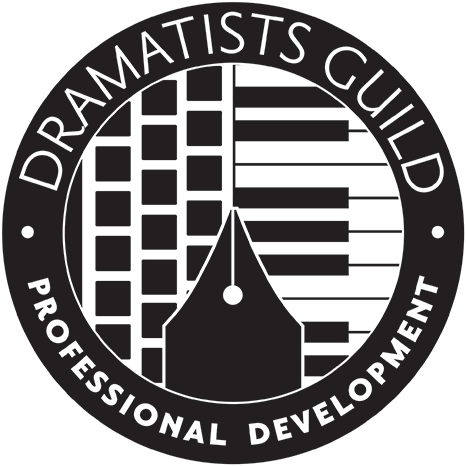
History of Playwriting as a Business
In the 19th and early 20th century, playwriting was not a profession in America. A producer would pay a writer a lump sum for all rights to production and publication, and royalties were rarely paid. As a result, playwrights had no approvals over production elements or over their own text. Due to this lack of ownership and control, and the minimal compensation offered, the writer had to have a second career in order to survive in the theatre.
In 1896, things got even worse for playwrights when producers and booking agents formed the Theatrical Syndicate, which eliminated competition for touring productions through consolidation into a single booking agency and established a lucrative monopoly for tours. Thus, Broadway producers were incentivized to produce only light entertainments that would tour successfully, not serious dramas.
As a result, The Authors League was created in 1912, with a subcommittee for dramatic writers established in 1915, which had become The Dramatists Guild by 1919.
The standard unfair practices of the period included:
Manuscripts that were held by producers indefinitely;
First Class production conditions (cast, director, length of contract) that were wildly inconsistent;
Royalties that varied constantly, with prompt payment virtually unenforceable;
Producers charging a 10%-15% premium to ticketing agencies to provide them with the best tickets, and then not pay royalties on the additional revenues;
Producers making unapproved and arbitrary changes to scripts;
A lack of protections for authors regarding a producer’s duplicitous activities (e,g., no oversight over accounting and payment procedures, no approvals over assignments, no availability of arbitration, etc.);
The use of “house writers,” who were employed by companies and paid a salary while their shows were produced, and then the company owned and controlled the play, with no authorial control or future compensation.
While new writers were particularly vulnerable to these conditions, even more experienced and successful writers were plagued by these inequities.
By 1926, the membership had authorized a strike in order to establish a Minimum Basic Agreement, promising to withhold work from producers who would not sign it. Negotiations ensued with a newly formed Producers League and an enforceable contract resulted. This minimum basic agreement ensured that dramatists would receive:
Authorial ownership of copyright;
No changes in text without permission;
Approvals over artistic collaborators;
Right to be present; and
Control over dispositions of subsidiary rights, including film rights.

